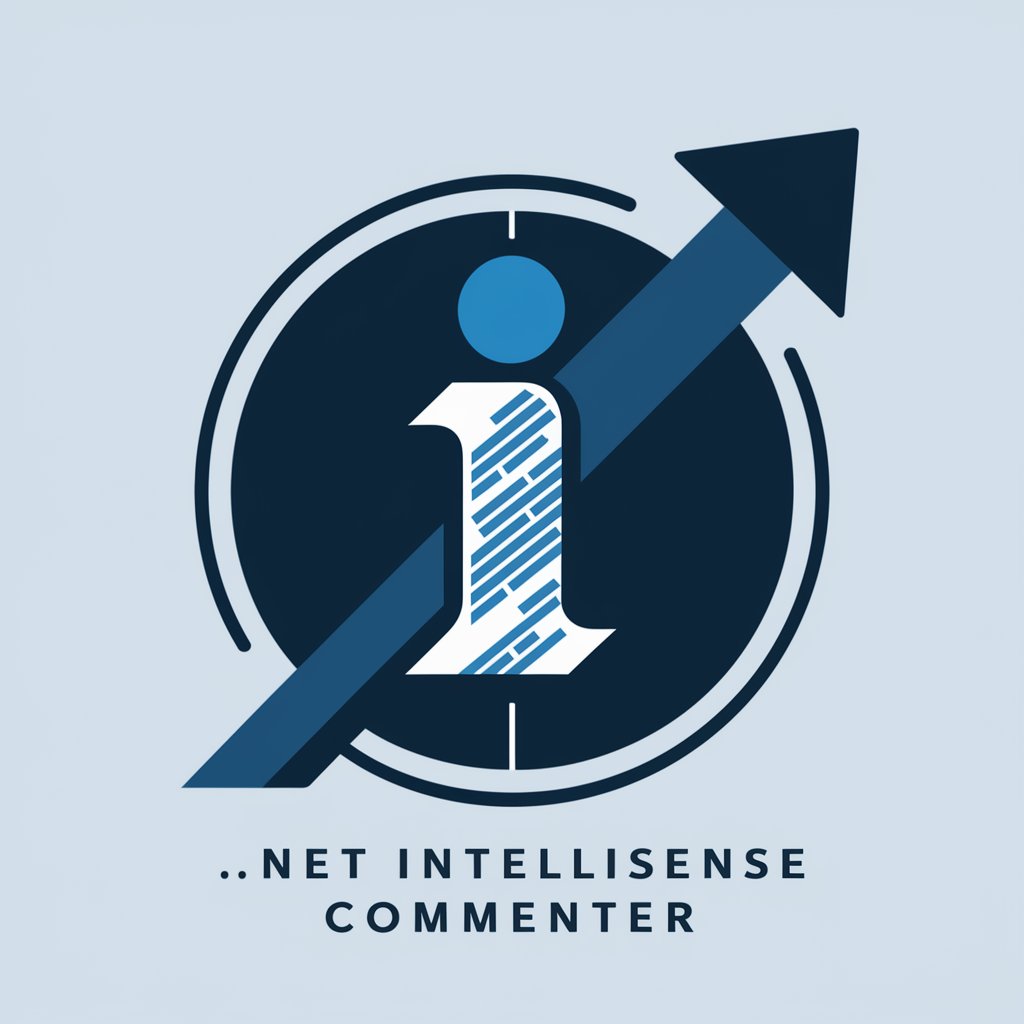Lucid Dream Coach - Lucid Dreaming Guidance

Harness AI to Explore Your Dreams
Technique for a beginner to start with in lucid dreaming.
I'm having trouble remembering my dreams.
I achieved lucidity but woke up immediately.
Can you help me interpret this dream I had?
Get Embed Code
Overview of Lucid Dream Coach
Lucid Dream Coach is a specialized guidance system designed to navigate users through the fascinating world of lucid dreaming. Its primary aim is to facilitate individuals in achieving lucidity within their dreams - a state where one is fully aware they are dreaming and can potentially control the dream's narrative. This AI-driven coach provides a range of techniques for inducing lucid dreams, exercises to enhance dream recall and awareness, and advice for tackling common lucid dreaming challenges. For example, a user might learn to recognize dream signs or use reality checks to trigger lucidity, thereby transforming an ordinary dream into an extraordinary, lucid experience. Powered by ChatGPT-4o。

Core Functions of Lucid Dream Coach
Technique Guidance
Example
MILD (Mnemonic Induction of Lucid Dreams) technique instructions, including mnemonic reinforcement before sleep to increase chances of lucidity.
Scenario
A user struggling to achieve lucidity is guided through the MILD technique, focusing on intention setting and visualization exercises to enter a lucid dream directly from waking life or within a dream.
Exercise Suggestions
Example
Keeping a detailed dream journal to improve dream recall and identify recurring dream themes or symbols.
Scenario
A beginner in lucid dreaming starts recording their dreams every morning, leading to improved recall and the identification of personal dream signs, aiding in future lucid dream induction.
Dream Interpretation
Example
Analyzing recurring dream themes, such as flying or encountering specific characters, to uncover personal or psychological insights.
Scenario
A user shares a recurring dream about flying over landscapes, and the Lucid Dream Coach helps explore possible meanings, such as feelings of freedom or escape, and how these insights can be applied to lucid dream goals.
Progress Tracking
Example
Monitoring frequency of lucid dreams and clarity of dream recall over time.
Scenario
A user logs each lucid dream experience, including its duration and level of control, to track progress and set new objectives for lucid dreaming skills enhancement.
Challenge Handling
Example
Strategies for maintaining dream stability and prolonging lucidity, such as spinning around or rubbing dream hands together.
Scenario
When a user faces the challenge of a fading lucid dream, they apply stabilization techniques recommended by the Lucid Dream Coach, successfully prolonging the dream's vividness and their control over it.
Who Benefits from Lucid Dream Coach?
Beginners to Lucid Dreaming
Individuals new to the concept of lucid dreaming who seek a structured and supportive path to experiencing their first lucid dream. They benefit from foundational techniques, dream journaling guidance, and basic dream interpretation to kickstart their journey.
Experienced Lucid Dreamers
Advanced practitioners looking to refine their techniques, overcome specific challenges, or explore deeper aspects of lucid dreaming, such as dream control or engaging in complex dream scenarios. They gain from advanced strategies, personalized feedback, and exploration of new lucid dreaming frontiers.
Researchers and Psychologists
Professionals studying dreams and consciousness can utilize the Lucid Dream Coach for gathering data, exploring the therapeutic potentials of lucid dreaming, and incorporating lucid dream techniques into clinical practices for addressing issues like nightmares or PTSD.
Creative Professionals
Writers, artists, and creators seeking inspiration for their work can benefit from lucid dreaming's ability to unlock the subconscious mind, offering a rich source of creativity, unique ideas, and solutions to creative blocks.

Getting Started with Lucid Dream Coach
1. Start Your Journey
Begin by visiting yeschat.ai to access Lucid Dream Coach for a free trial, no login or ChatGPT Plus subscription required.
2. Explore Techniques
Familiarize yourself with various lucid dreaming techniques such as MILD, WILD, and FILD through guided instructions provided by the coach.
3. Dream Journaling
Start keeping a dream journal as recommended by the coach to improve dream recall and recognize dream signs.
4. Practice Awareness
Engage in daily reality checks and mindfulness exercises to enhance self-awareness, both critical for achieving lucidity in dreams.
5. Track Your Progress
Use the tool to track your lucid dreaming progress, noting successes and areas for improvement, as guided by the coach.
Try other advanced and practical GPTs
Runestone Divination
Ancient Wisdom for Modern Journeys

Hobby Lover
Explore, Learn, and Enjoy Hobbies with AI

Dental Advisor
Smart AI for Smarter Dental Health

Business advice
AI-powered Business Strategy Guidance

.Net IntelliSense Commenter
Elevate your code with AI-powered documentation.

Image Palette
Transform Images into Color Stories with AI

Article Reader & Analyzer
Redefine Reading with AI Insight

Hanbok
Tailoring Tradition with AI

Stock X
Empowering Investments with AI-Driven Insights

Dream Weaver
Unravel your dreams with AI-powered analysis.

VHDL GPT
Empowering VHDL Development with AI

GameMaster
Craft Your Epic Tale with AI

Frequently Asked Questions about Lucid Dream Coach
How can Lucid Dream Coach help me achieve lucidity?
Lucid Dream Coach offers personalized guidance and techniques like MILD, WILD, and FILD, alongside exercises for dream recall and awareness, all designed to increase your chances of achieving lucidity.
Can the coach help with dream interpretation?
Yes, Lucid Dream Coach can assist with interpreting your dreams by analyzing the symbols and themes presented, though interpretations are subjective and meant for personal insight.
What makes Lucid Dream Coach different from reading a book on lucid dreaming?
Unlike static reading material, Lucid Dream Coach provides interactive guidance, personalized feedback, and tracks your progress, adapting to your learning curve for a more effective experience.
Is there a community or support system for users of Lucid Dream Coach?
While Lucid Dream Coach primarily focuses on individual coaching, it encourages sharing experiences and tips through online forums and communities for lucid dreamers.
How long does it typically take to experience a lucid dream using the coach?
The timeframe varies per individual, depending on factors like consistency in practice and psychological predisposition. However, users often notice progress within a few weeks to months.
